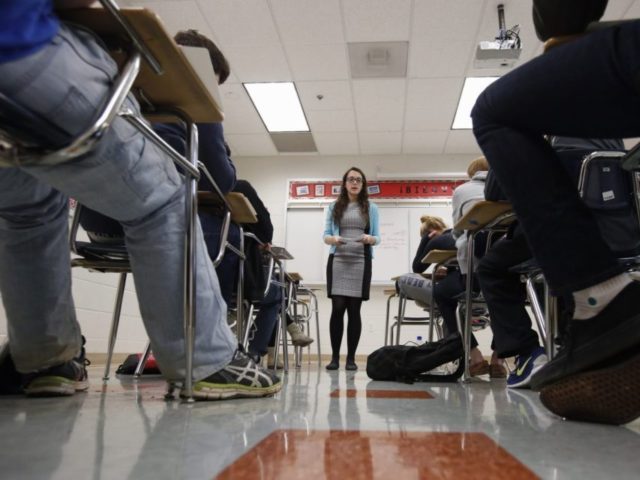A professor at Brooklyn College argued in a recent academic journal article that meritocracy is a “tool of whiteness.”
Laurie Rubel, a professor at Brooklyn College, argues in a recently published academic journal article that meritocracy is a “tool of whiteness.” The claim, which was first reported on by Toni Airaksinen of Campus Reform, came as part of an article entitled “Equity-Directed Instructional Practices: Beyond the Dominant Perspective” which analyzes the role that “whiteness” plays in the struggles of minority students in math classes at urban schools throughout the United States.
More generally, whiteness tacitly positions White people, their experiences, and their behaviors as superior (Battey & Leyva, 2016; Martin, 2009b), and it is supported by a set of corollary principles that function as “tools of Whiteness” (Picower, 2009, p. 204). For instance, the ideological principle of the United States as meritocracy is understood by many to be a central feature of American society, dictating that a combination of hard work and talent, or as cast in recent years, “grit” (Duckworth, Peterson, Matthews, & Kelly, 2007), yields success. Equivalently, the principle of meritocracy also dictates that lack of success is a result of a lack of effort or ability (e.g., Battey & Franke, 2015; Martin, 2009b). This principle functions as a tool of whiteness in how it ignores “systemic barriers and institutional structures that prevent opportunity and success” (Milner, 2012, p. 704) as well as institutional structures that facilitate opportunities and the distribution of rewards not according to merit but instead according to race and social background (Bowles & Gintis, 2002; McIntosh, 1988).
Rubel also claims that teachers who claim “color-blindness” are actually doing a disservice to their students of minority descent. “Teachers who claim color-blindness — that is, they claim to not notice the race of their students — are, in effect, refusing to acknowledge the impact of enduring racial stratification on students and their families,” Rubel writes.
Like other academics, Rubel suggests current climates of discrimination can be rectified by math teachers that incorporate “social justice” into their lesson plans.

COMMENTS
Please let us know if you're having issues with commenting.